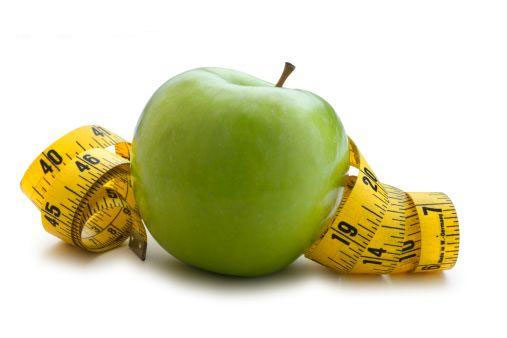Summer is a great time to institute a new, healthier diet and exercise regime aimed at taking off those last few - perhaps terribly stubborn - pounds.
Exercise and healthy diet are your best defenses against weight gain and in many cases, being near your ideal body weight is a requirement for any weight-reduction procedures offered by plastic surgeons. So whether you plan to attack the last few pounds with kale lunches and a brisk walk every morning, or would like to supplement your efforts with surgery, the best course of action is to eat a healthy diet and exercise regularly.
But what, exactly, constitutes a healthy diet? With so many different views, countless trends and plenty of people offering advice, how do you decide on the perfect plan for you?
First, stay away from anything that is untested or extreme in any way. Diets that require you to eat, or not eat, large quantities of any one food in particular; plans that fall below 1,000 calories a day; or regimes that involve ingesting substances other than food can lead you to regain any weight you lose shortly after it’s shed, an, worse, can actually damage your health.
We advise that you work with your family doctor and consider the following points when choosing a weight-loss plan:
- Determine your personal style: do you enjoy working with a group or would you prefer to diet solo? Could technology be helpful in keeping you on track or will it just bother and sabotage you?
- What are your strengths and weaknesses? What has worked for you in the past and why? Could you use what you've learned about your successes and failures to create a plan that's better suited to your personality?
- Consider the cost: How much are you willing to spend to get the results you want?
- Ask yourself if this is a plan you could continue for the long run. There are no magic bullets in weight loss - just determination, good choices and better habits.
The best plans allow for a balance of nutritious foods and fall within a reasonable daily caloric intake range. Most of us are more successful with diets that allow for some flexibility about what can and cannot be eaten. And always look for a long-term, habit-changing solution, rather than a quick fix.
Once you have established your new routine, if you find that you still don’t have the look you want, then it’s time to discuss possible surgical solutions.

